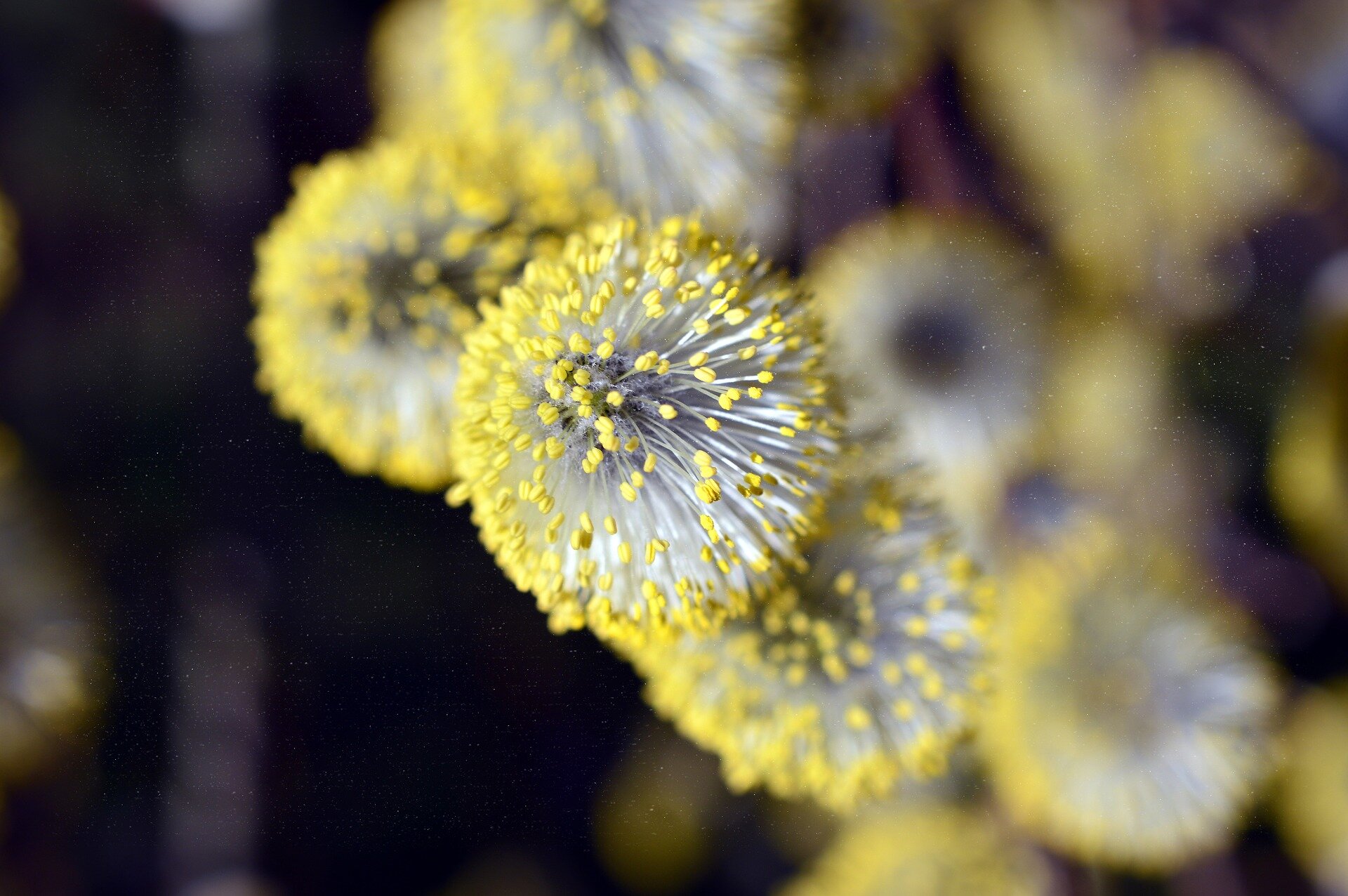Seasonal allergies can be brutal and drastically affect one’s quality of life. Allergies are thought to have a genetic component to them, so if your family has allergies, there might be a good chance that you will eventually develop them.
Seasonal allergies tend to act up amidst warmer weather as pollen runs rampant and our lawns continue to be manicured, releasing allergens into the air. When our body comes into contact with an allergen, we release histamines and other pro-inflammatory mediators. The runny nose and water eyes you have are your body trying to rid itself of the allergens. The stuffy nose is from your mucous membranes becoming inflamed and swelling.
So what things can you do to help your seasonal allergies?
Aside from talking with your doctor and pharmacist about medications that can help, here are some helpful tips for calming the symptoms of your allergies.
-
It may seem like a small thing, but if you have long hair, try to keep it in an updo. Having it tied up will help prevent allergens sticking to your hair and hanging out in front of your eyes, mouth, and nose.
-
Shower immediately after coming home from your outings. Removing the allergens from your body is an important preventative step that is often overlooked.
-
Keep your windows closed during pollen seasons as much as you can and use a damp cloth to dust your house. Vacuum and sweep/mop daily if you can afford the time to do so.
-
Tea… Load your immune system with powerful herbs to help fend off inflammation. Dandelion, ginger, turmeric (with a pinch of block pepper), green tea, fennel, eucalyptus, cinnamon, and stinging nettle used in teas can help fight inflammation. Talk with a pharmacist or doctor before using certain teas to ensure it doesn’t interact with any medications that you might be on.
-
Neti pots. Ahh, saline rinse of the sinuses. These can be a great way to rid your sinuses of any lingering irritants or allergens that are stuck within. Make sure you use appropriate water sources for this!
Drink lots of water and try to get as much rest as you can. Another little thing that might help you out are nasal strips, which help pull your nasal passages open gently to allow for better air entry and better sleep.

